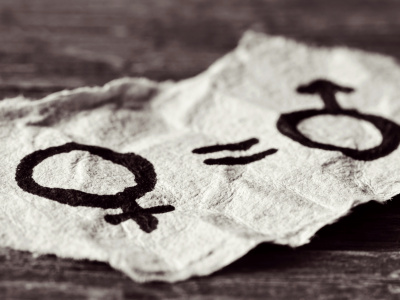
Africa-Europe relations beyond 2020: Looking through a gender lens
Anna Knoll and Virginia Mucchi look at some key areas of the Africa-Europe partnership through a gender lens, exploring the differences and common ground between the AU and EU’s gender agendas.
Summary
The year 2020 is a pivotal year for stepping up action on gender equality. It marks the 25th anniversary of the Beijing Fourth World Conference on Women and the global community is celebrating the 20th anniversary of the adoption of UN Security Council Resolution 1325 on women, peace and security.
A comprehensive partnership between Africa and Europe will be less effective if gender considerations are not an integral part of joint cooperation. Inclusion of the gender dimension is particularly key in COVID-19 recovery efforts in the short, medium and long term. This paper provides food for thought and points of entry to facilitate gender equality and women’s empowerment in thematic areas of importance for the partnership.
Gender equality and women’s empowerment have long been championed by the EU, the AU and their individual member states. Yet, nuances in their understandings of gender concepts and sensitivities around perceptions of the EU imposing its norms will be challenging to navigate. Indeed, the current geopolitical reality is one in which stronger pressures exist than in the past to oppose advancements for gender equality and women’s empowerment. Nonetheless, there is still common ground for supporting specific gender agendas.
Putting enough resources behind the gender equality agenda and its objectives is one of the most fundamental tasks at hand. This paper outlines some of the challenges and opportunities for strengthening gender-inclusive budgets and financing agendas. But, incorporating gender sensitivity into the activities supported by the EU’s international and development cooperation instruments, particularly the NDICI, and into the AU’s reform process and budget will be insufficient alone. Gender considerations also need to influence policies on climate, trade, migration and food security, and other important thematic areas of the partnership.
Photo courtesy of European Union 2020, Etienne Ansotte via EC – Audiovisual Service





